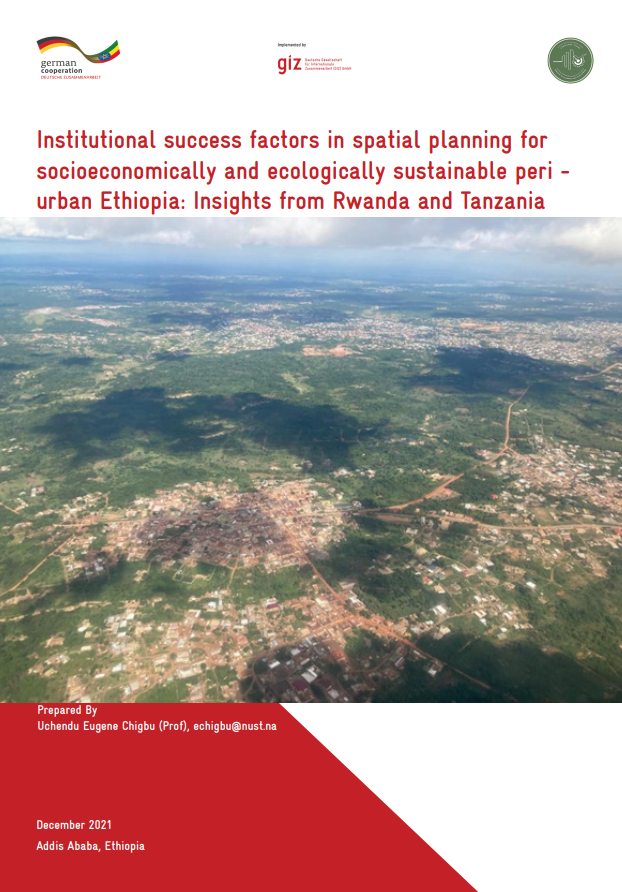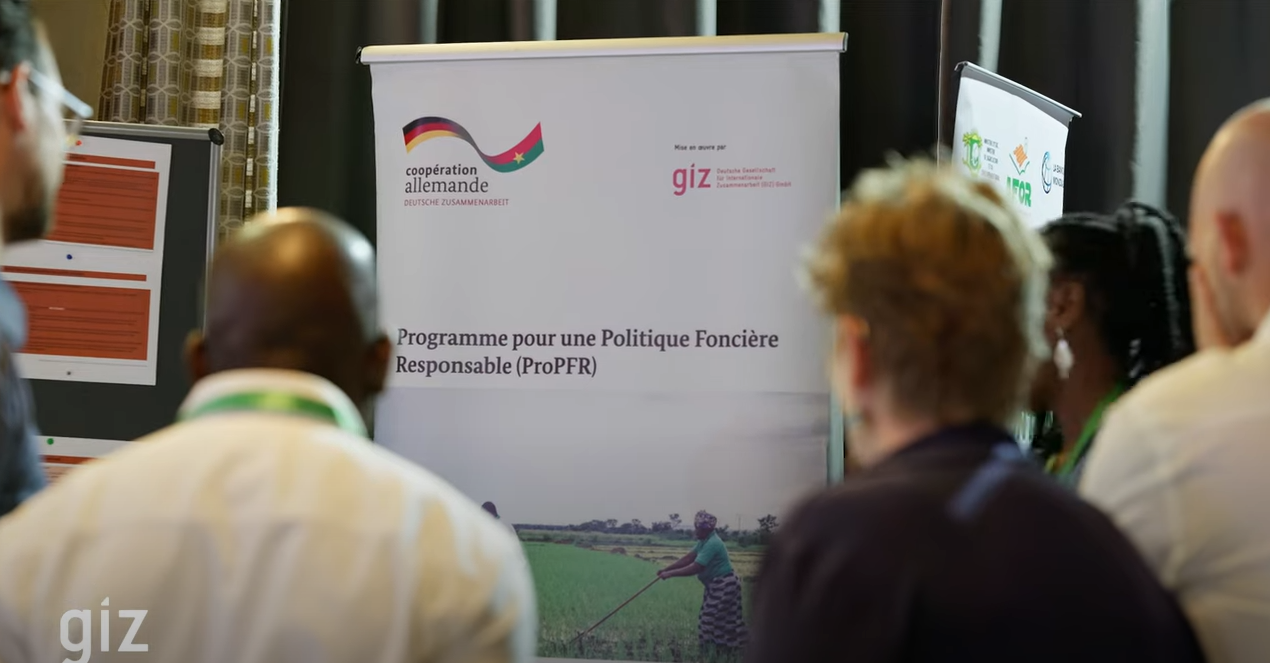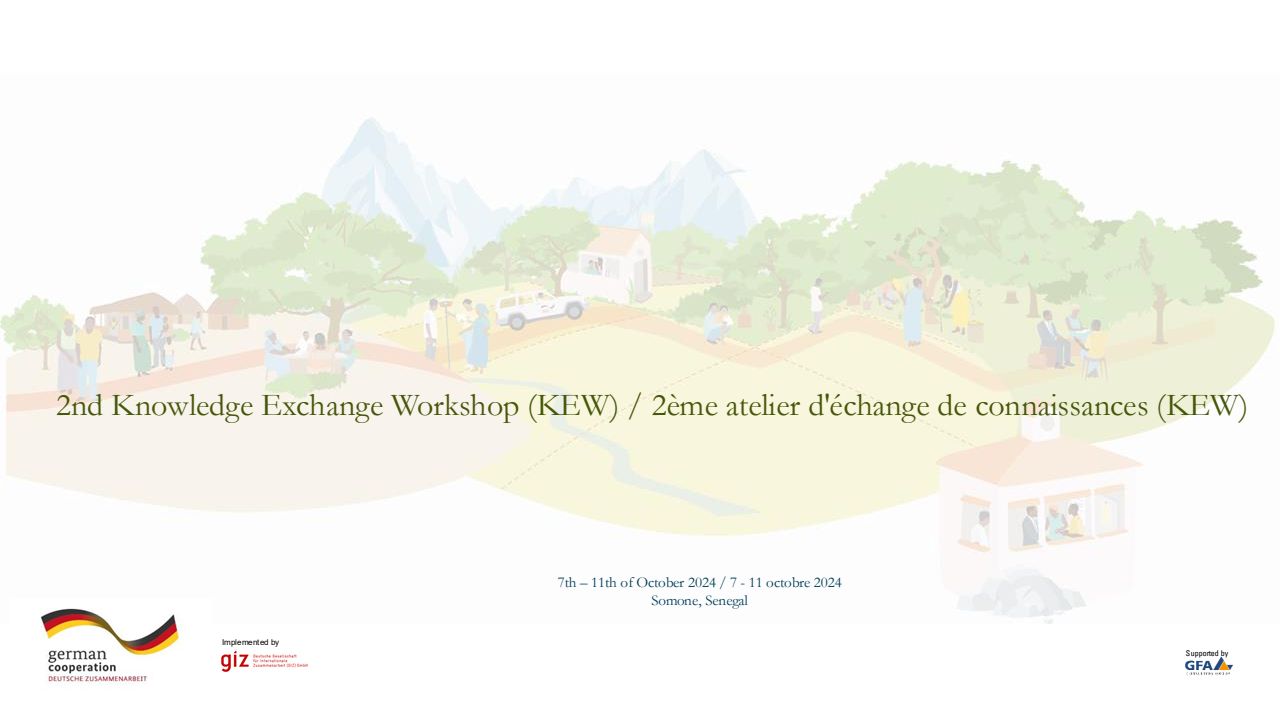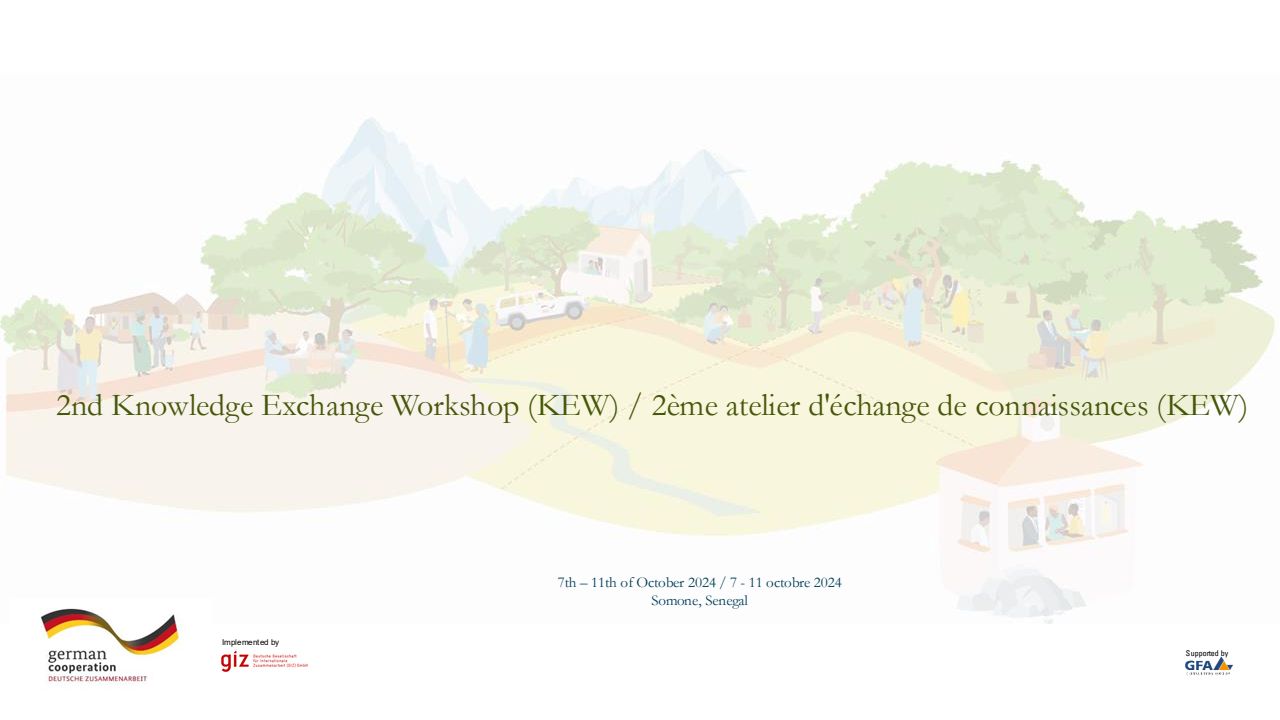Location
As a service provider in the field of international cooperation for sustainable development and international education work, we are dedicated to shaping a future worth living around the world. We have over 50 years of experience in a wide variety of areas, including economic development and employment promotion, energy and the environment, and peace and security. The diverse expertise of our federal enterprise is in demand around the globe – from the German Government, European Union institutions, the United Nations, the private sector, and governments of other countries. We work with businesses, civil society actors and research institutions, fostering successful interaction between development policy and other policy fields and areas of activity. Our main commissioning party is the German Federal Ministry for Economic Cooperation and Development (BMZ). The commissioning parties and cooperation partners all place their trust in GIZ, and we work with them to generate ideas for political, social and economic change, to develop these into concrete plans and to implement them. Since we are a public-benefit federal enterprise, German and European values are central to our work. Together with our partners in national governments worldwide and cooperation partners from the worlds of business, research and civil society, we work flexibly to deliver effective solutions that offer people better prospects and sustainably improve their living conditions.
Members:
Resources
Displaying 1 - 5 of 343Institutional success factors in spatial planning for socioeconomically and ecologically sustainable peri - urban Ethiopia: Insights from Rwanda and Tanzania
This paper analyses the peri-urban experiences of three key Africa countries. The countries are Ethiopia, Rwanda, and Tanzania. The paper aims at investigating how peri-urban challenges have been (or are being) addressed in these countries and derive lessons for Ethiopia. It approaches this investigation by addressing the following questions: What political situation (including legal/institutional framework) exists in these countries and to what extent do they enable or prevent sustainable peri-urban developments?
The Relevance of Spatial planning in Ethiopia
This paper explores the concept, elements, and issues related to spatial planning, focusing on its relevance in the context of Ethiopia. The paper highlights the importance of spatial planning in achieving sustainable development, balanced regional development, managing land use, and addressing environmental challenges. It compares spatial planning with other land use planning approaches and discusses the various techniques, tools and methods used in spatial planning, such as Geographic Information Systems (GIS) and Participatory Planning.
GIZ Knowledge Exchange Workshop 2024 Day 1
This video presents an overview of the first day of the 2024 GIZ Knowledge Exchange Workshop: Anchoring Practitioners' Experience in Responsible Land Governance Systems in Senegal.
2ème GIZ Atelier d'Échange de Connaissances (KEW)
Les meilleures pratiques autour de cinq communautés de pratique thématiques ont été mises en évidence dans les flux de connaissances, y compris des thèmes transversaux tels que la résilience climatique, l'inclusion du genre et la numérisation. L'atelier comprenait des excursions sur le terrain, des présentations, des sessions d'échange et des discussions sur l'intégration des expériences des praticiens dans les cadres politiques, favorisant ainsi un réseau international solide pour le partage des connaissances et l'action collaborative.
2nd GIZ Knowledge Exchange Workshop (KEW)
Best practices around five thematic communities of practice were highlighted in Knowledge Streams, including cross-cutting themes such as climate resilience, gender inclusivity, and digitalization. The workshop included field excursions, presentations, exchange sessions, and discussions on mainstreaming practitioners' experiences into policy frameworks, thus fostering a strong international network for knowledge sharing and collaborative action.
The results are summarized in this communiqué in English.






